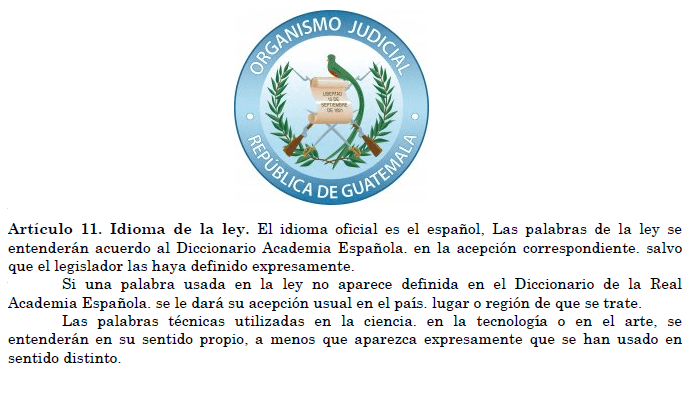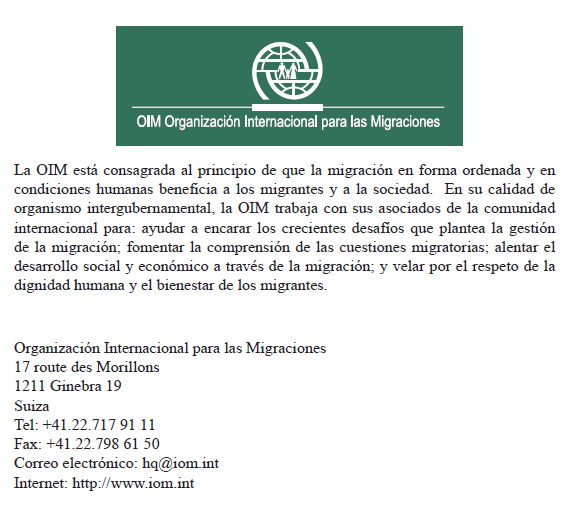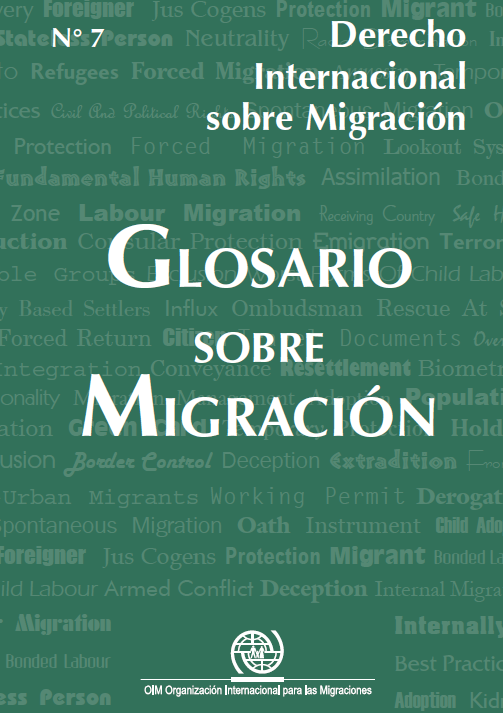
Por Alejandro Palmieri
Due to my job, I have learned something that if it were not tragic, it would be hilarious: it turns out that Guatemalan law, nor in international conventions and treaties to which Guatemala is a party, the term “migrant” is defined.
Beyond a casual omission, after much discussion, so long and so many laws, codes, treaties and conventions, I found that the lack of definition of the term was due more to a wicked intention; however, I remembered a time when my professor of Private International Law runs on the complexity of the rules of this branch of law and to illustrate the point he asked the class if anyone could give the legal definition of “woman”? Several rushed to revise their legal Bibles and some other consulted a book of doctrine they had at hand and none could provide the answer (keep in mind that in those days there was no Google).
Beyond a definition in a code and Law (imagine that you had to define each and every one of the dictionary words in a law!) Universal concepts that are the subject of law do not need a definition to be understood and understood by lawyers, judges or magistrates, who are assumed to be academics. Honestly, as they say in Mexico, it seems very poor, if I don’t argument a manifest as a ground for denying a possibility of substitution as a foreigner who:
The legislation does not define the term ” migrant “. Is bold impudence!
In criminal proceedings against a migrant family who was a victim of an international structure of illegal transit of people …

Bitkov family, migrants, victims of an international structure of illegal transit of people – View more information by clicking here: www.supportthebitkovs.com
The prosecution is arguing that the benefits do not apply to them contained in the Palermo Convention and its Protocol Application precisely orders to protect migrants against these international migrant networks because … “the legislation does not define the term ‘Migrants’.” Have you ever seen such foolishness!
It is true that there is no definition in the law, the court must, in application of legal interpretation, clarify or integrate law (law is not the same as right) when the law is not clear or precise. On that account, our legal system itself contains standards that help the judge, in the absence of clarity or definition, can do just as indicated above; Article 11 of the Judiciary Act states:

“Article 11. Language of the law. The official language is Spanish.
The words of the law shall be construed in accordance with the dictionary of the Royal Spanish Academy in the corresponding meaning, unless the legislature the specifically defined.
If a word used in the law is not defined in the dictionary of the Royal Spanish Academy, you will be given its usual meaning in the country, place or region concerned. “
On that account, the term “migrant” used in Guatemalan legislation, because the Palermo Convention and its Protocols are Guatemalan Law Enforcement by virtue of its incorporation into the legal system by Decree 36-2003 of the Congress, to be understood according to the provisions of Article 11 already referred.
Thus, the term “migrant” is defined in the Dictionary of the Spanish Language (formerly dictionary of the Royal Spanish Academy) as:
Migrante – 1. adj. It migrates. So simple!
It is not needed the use of alchemical formulas for a judge to know and determine what is “migrant” for purposes of Guatemalan law.
But if the judge who is in charge of this case to which I refer goes beyond the mere letter of the law and application of legal interpretation aforementioned I would emulate the Judge Galvez both been praised by civil society and CICIG and decided to incorporate into its deliberations, illustrating elements beyond the letter of the law, could for example go to:
Glossary on Migration of the International Organization for United Nations Migration and look what it says and how it defines migrant. You would find that:
“… This term applies to individuals and their families who go to another country or region with a view to improving their social and material conditions and prospects and those of their families.” “There it is!” the Judge Galvez would say!
No need to be a great scholar to know what migrants and their meaning for the purposes of Guatemalan law.
The judge Aifan has the opportunity to show that her resolutions in front of a Court of Increased Risk could not be pedestals or machotes, if not be the living law, who have not passed in vain the long years of study of law and has the long years of study to be judge that over the years have permeate -the judge doctrine and wisdom.
Is there any definition of migrant while there exists a Glossary written by the International Organization for Migration in which the ter mis clearly defined …?



A la jueza aifan le están dando cátedra para que resuelva apegada a derecho y no políticamente, y que no olvide que por sobre cualquier interpretación errónea, primero esta Dios y a el no se le olvidan las injusticias.